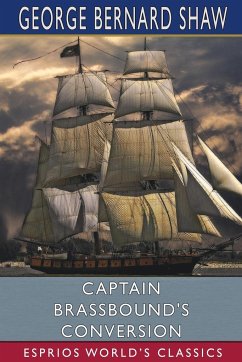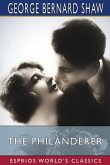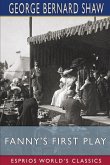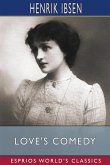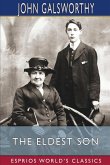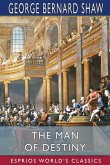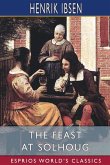George Bernard Shaw (1856-1950) was an Irish playwright, critic, polemicist and political activist. Born in Dublin, he moved to London when he turned twenty. Having rejected formal schooling, he educated himself by independent study in the reading room of the British Museum; he also began his career there by writing novels for which he could not find a publisher. His first success was as a music and literary critic, but he was drawn to drama and authored more than sixty plays during his career. Typically his work is leavened by a delightful vein of comedy, but nearly all of it bears earnest messages. He remains the only person to have been awarded both a Nobel Prize (1925) for his contribution to literature and an Oscar (1938) for Pygmalion.

